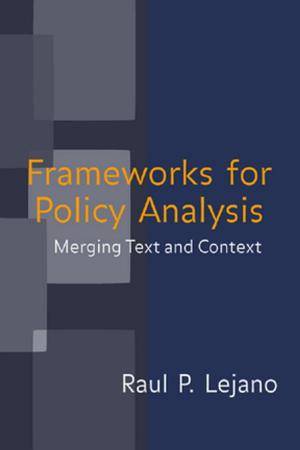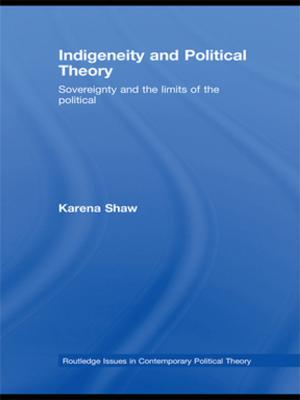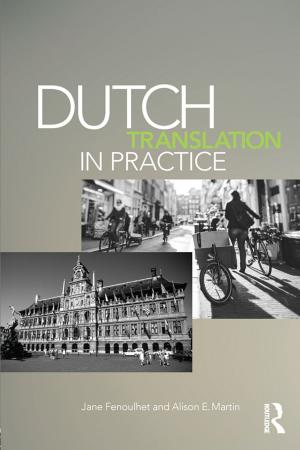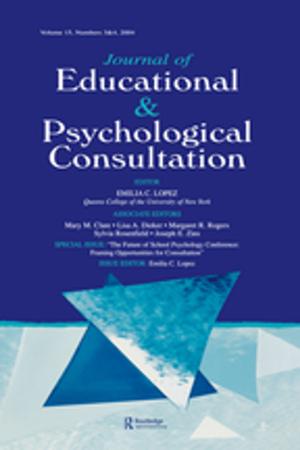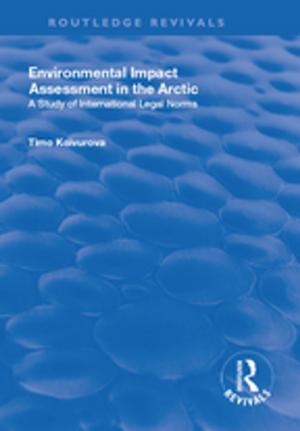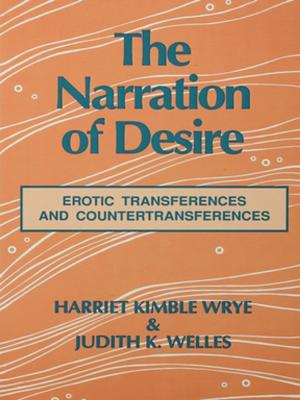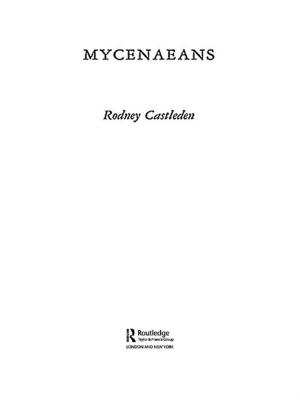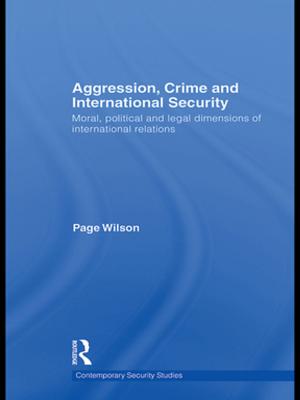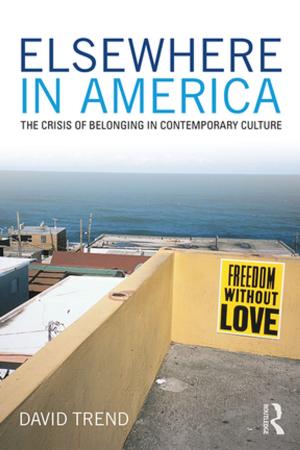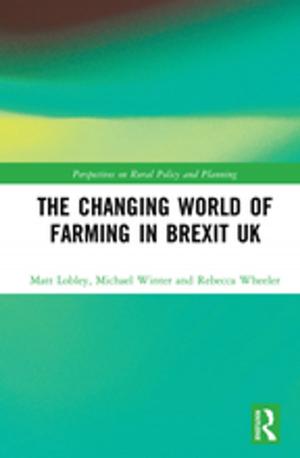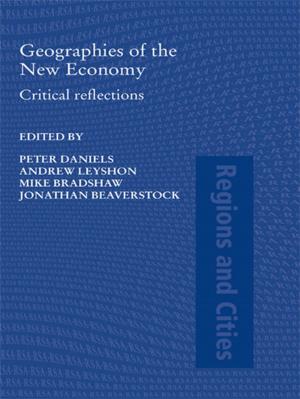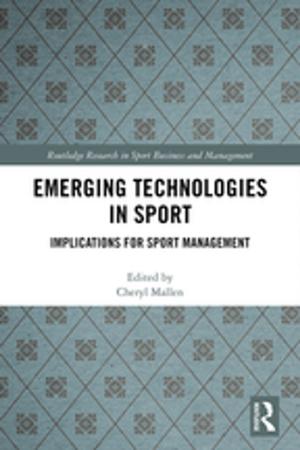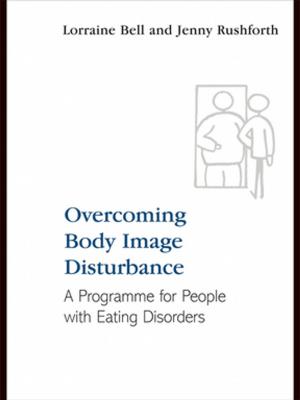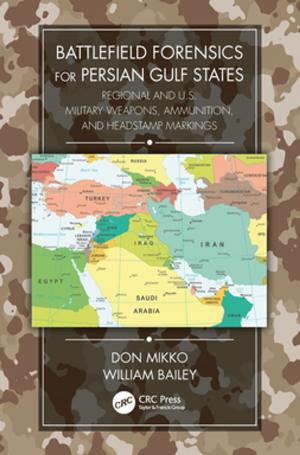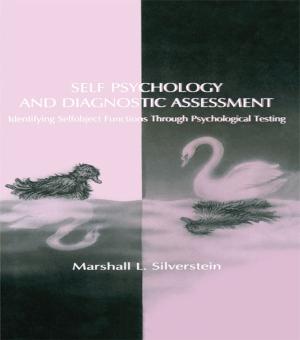Making Sense of Secondary Science
Support material for teachers
Nonfiction, Reference & Language, Education & Teaching| Author: | ISBN: | 9781134860753 | |
| Publisher: | Taylor and Francis | Publication: | March 10, 2004 |
| Imprint: | Routledge | Language: | English |
| Author: | |
| ISBN: | 9781134860753 |
| Publisher: | Taylor and Francis |
| Publication: | March 10, 2004 |
| Imprint: | Routledge |
| Language: | English |
When children begin secondary school, they already have knowledge and ideas about many aspects of the natural world from their experiences both in primary classes and outside school. This collection of support materials is designed especially for teachers of the early years in secondary school to give guidance both on the ideas which children are likely to bring with them and also on using these ideas to help pupils to make sense of their experiences in science lessons. The materials are in 24 sections, structured around three themes - life and living processes, materials and their properties and physical processes. Included in each section is a science map identifying key science ideas and also a set of learning guides which give detailed advice on helping children to develop these ideas. Written in collaboration with teachers, field-tested in schools and suitable for use with any published science scheme, these materials will be an essential resource for all science teachers who are planning teaching schemes and developing science lessons within the National Curriculum.
A separate paperback, Making Sense of Secondary Science: Research into Children's Ideas comes with the file and is also available separately. This provides a summary of research in the area and a detailed bibliography for those who want to pursue certain aspects further.
When children begin secondary school, they already have knowledge and ideas about many aspects of the natural world from their experiences both in primary classes and outside school. This collection of support materials is designed especially for teachers of the early years in secondary school to give guidance both on the ideas which children are likely to bring with them and also on using these ideas to help pupils to make sense of their experiences in science lessons. The materials are in 24 sections, structured around three themes - life and living processes, materials and their properties and physical processes. Included in each section is a science map identifying key science ideas and also a set of learning guides which give detailed advice on helping children to develop these ideas. Written in collaboration with teachers, field-tested in schools and suitable for use with any published science scheme, these materials will be an essential resource for all science teachers who are planning teaching schemes and developing science lessons within the National Curriculum.
A separate paperback, Making Sense of Secondary Science: Research into Children's Ideas comes with the file and is also available separately. This provides a summary of research in the area and a detailed bibliography for those who want to pursue certain aspects further.

